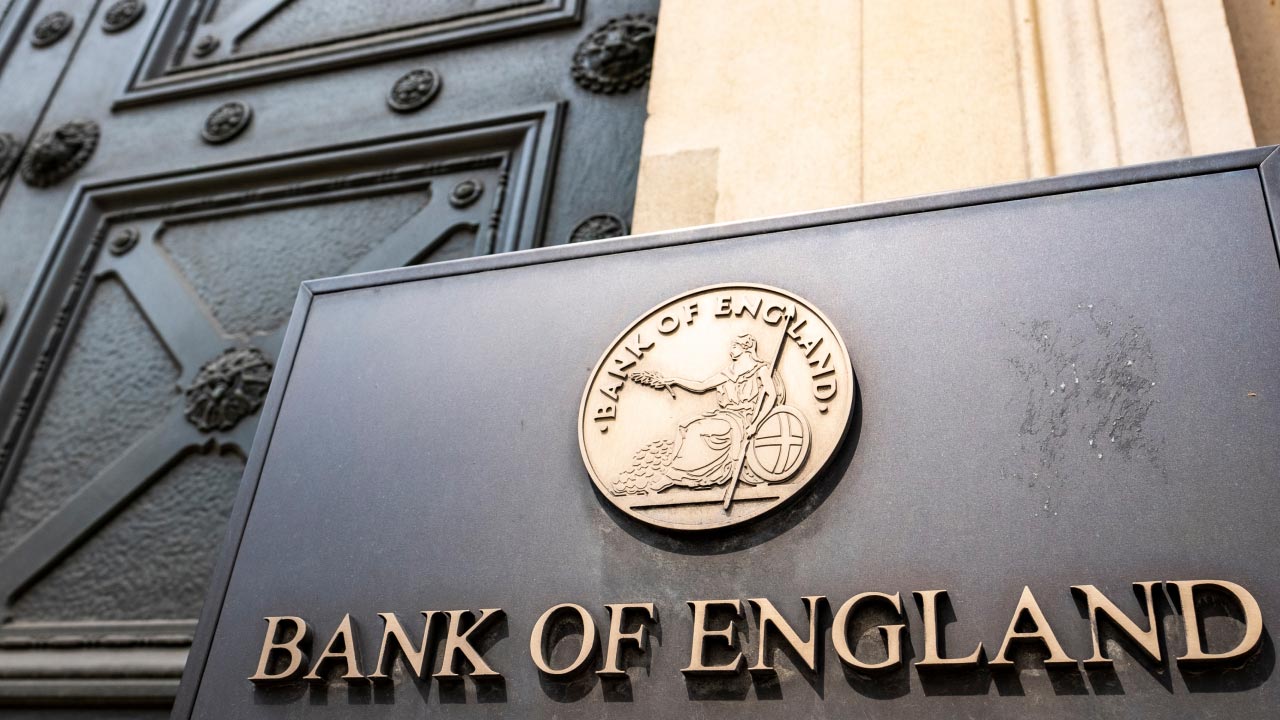Efforts by regional start-up initiatives that have led to Merseyside outperforming the rest of the UK when it comes to business growth could be hampered by new government proposals, a leading legal expert has claimed.
James Pressley, Head of Corporate and Commercial at Kirwans law firm said that Government Transparency and Register Reform proposals regarding the provision of biometric identity information as a mandatory requirement could put would-be entrepreneurs off forming companies and affect the region’s impressive company growth rate.
The past two years have seen a record number of firms being formed in the region, according to business software provider Inform Direct, which analysed data from Companies House and the Office for National Statistics to provide the figures.
Supported by initiatives including Enterprise Hub, charities such as The Women’s Organisation and the various Chambers of Commerce, 11,866 new companies were registered in Merseyside in 2019 compared to 11,451 during 2018. This resulted in an overall growth in the number of companies registered in the Merseyside region of 4.3 per cent compared to 3.8 per cent across the rest of the country.
However, in a bid to increase traceability of company ownership and management by keeping track of who is setting up, managing and controlling companies while offering consumers improved protection against fraud, Companies House has put forward plans for greater identification requirements.
With the use of biometric data one of the suggestions mooted, James fears that the proposals could deter many people from making the leap into entrepreneurship.
He said: “Reforms are currently being considered which would force individual directors, People with Significant Control, presenters and potentially even shareholders to prove their identities through a process that could involve facial recognition technology cross-referenced with official identity documents.
“The government assumption is that a simple picture of the individual taken on a smartphone would seamlessly enable it to cross-check against verified identity documents, but this seems optimistic given the poor record of previous government IT projects. If that system can’t identify you, or you don’t have a smartphone, you will need to get your identity verified by a legal professional, which will be time-consuming and cumbersome.
“In addition, these individuals would have to submit information about their residential addresses and dates of birth, although these will be electronically verified by anti-money laundering providers.
“While the government may make identification verification voluntary in cases such as crowdfunding to avoid putting additional pressure on individuals, it appears that a system of flags could be introduced that would allow users to see where shareholder identities have not been verified. This could adversely affect investor confidence in some of the types of entrepreneurial new companies which have launched through crowdfunding in Liverpool in recent years.”
The consultation to the plans closed on August 5th last year, with a response expected at some point this year.









